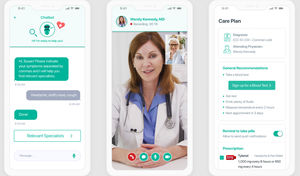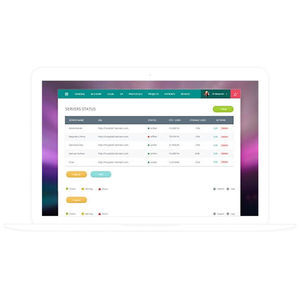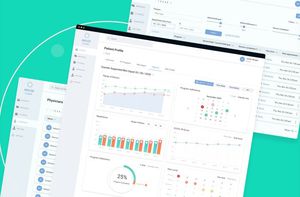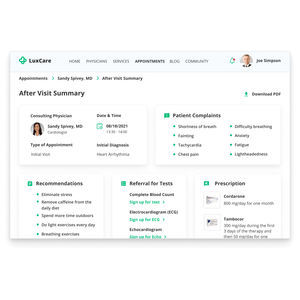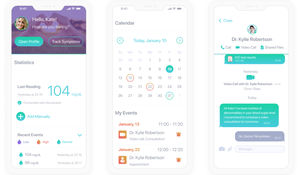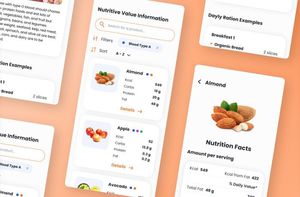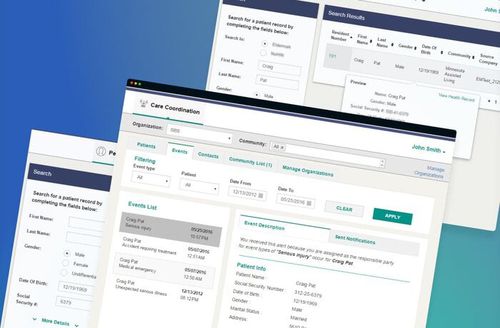
- Products
- Catalogs
- News & Trends
- Exhibitions
Scheduling software appointment managementmedicalISO
Add to favorites
Compare this product
fo_shop_gate_exact_title
Characteristics
- Function
- appointment management, scheduling
- Applications
- medical
- Certifications
- ISO
- Other characteristics
- custom
Description
Patient scheduling software helps medical staff manage patient appointments, optimize scheduling, and automate routine workflows. It is typically accompanied by a patient-facing app or a portal that allows patients to self-schedule visits online, complete pre-appointment registration, receive appointment reminders, and reschedule or cancel appointments.
Healthcare providers often implement patient scheduling solutions to accommodate the demand for convenient online self-service tools. For example, according to Tebra's 2024 Patient Perspective survey, 92% of patients want to complete their intake process before arriving for their scheduled appointment.
Custom patient scheduling software is the preferred choice for clinics, private practices, diagnostic centers, and ambulatories whose requirements exceed the capabilities of off-the-shelf solutions. The reasons might include the need to adopt specialized patient engagement strategies, integrate the software with both modern and legacy systems, and implement advanced scheduling optimization.
Implementation time: from 3 to 8+ months.
Common integrations for patient scheduling software: electronic health records (EHR), practice or hospital management software (PMS/HMS), a customer relationship management (CRM) system, a staff management solution, and payment gateways (for online billing of co-pays and out-of-pocket payments).
Costs: $100,000–$400,000+, depending on software complexity. Use our free calculator to get a tailored estimate for your project.
Related Searches
- Analysis medical software
- Radiology software
- Viewer software
- Control software
- Scheduling software
- Monitoring software
- Diagnostic medical software
- Hospital software
- Online software
- Treatment software
- Tracking software
- AI software
- Artificial intelligence software
- Surgical software
- Education software
- Web-based software
- Data analysis software
- Cardiac software
- Image analysis software
- EHR software
*Prices are pre-tax. They exclude delivery charges and customs duties and do not include additional charges for installation or activation options. Prices are indicative only and may vary by country, with changes to the cost of raw materials and exchange rates.


